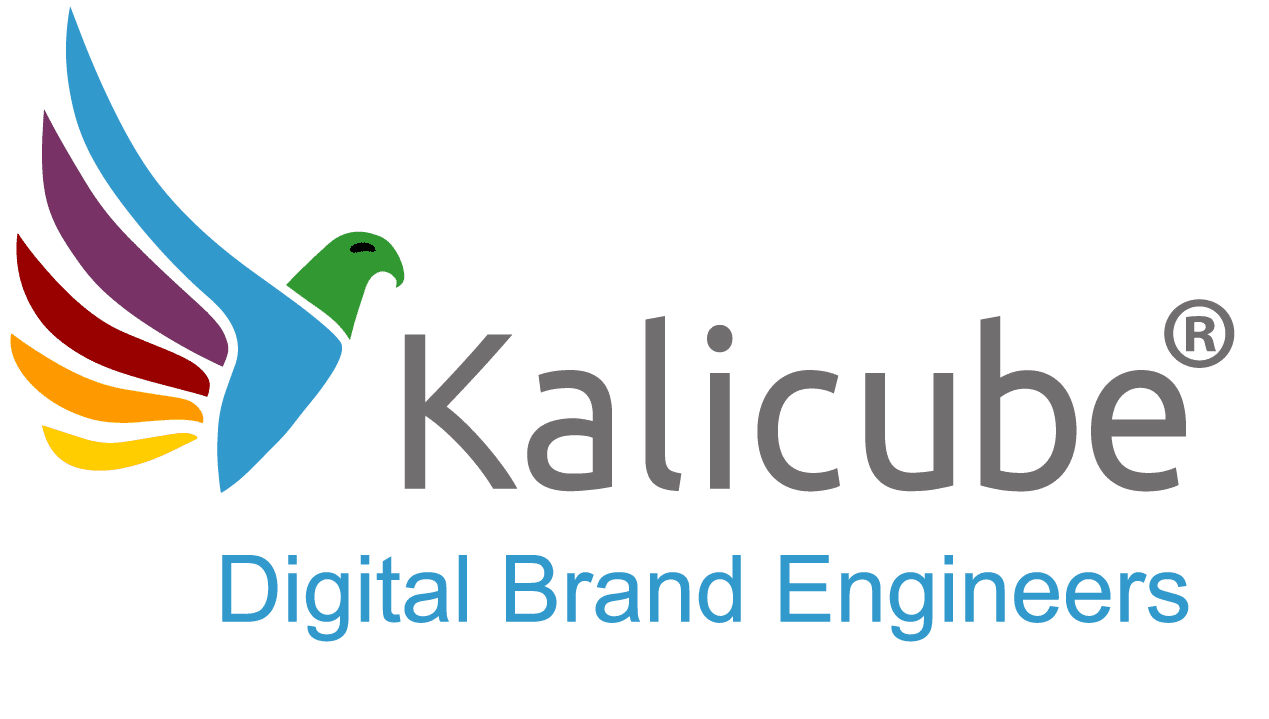Why Does a Knowledge Panel Fail to Show Up When Searching for a Name on Google?

When you search for a name on Google, you might expect to see a concise box of information known as the Knowledge Panel pop up alongside the search results. This Knowledge Panel is designed to give you quick facts about individuals, businesses, and other entities without requiring you to click through multiple links. However, there are times when this handy feature fails to appear. The reasons behind this absence can be complex and multifaceted.
In this article, we’ll delve into the complexities surrounding why the Knowledge Panel may fail to materialize, shedding light on the contributing factors.
What are the Factors Affecting the Appearance of a Knowledge Panel?
The name is ambiguous.
When the name is ambiguous, which means that if the name is common or shared by multiple entities, Google may have difficulty determining which specific entity the user is trying to find.
People Are Particularly Challenging for Google
Bear in mind that there may be hundreds or even thousands of people that share the same name. Search on LinkedIn or Facebook to get an idea of just how ambiguous your name is.
This ambiguity is a big problem for Google. This challenge leads to confusion and mix-ups, which can be difficult to resolve.
Determining user intent becomes especially tough - consider how many individuals could be referred to with a name like Jason Barnard or which Jason Barnard do they mean? That means you need to invest the time in being clear, consistent, and careful for this to work.
User Geolocation
The searcher’s location plays a role in whether a Knowledge Panel is displayed because some entities may not be deemed relevant in certain areas.
Geolocation affects Knowledge Panel visibility since Google’s algorithms decide what information should be included based on regional relevance.
For instance, if someone searches for “Scott Duffy” from within the United Kingdom versus from within the United States, they might see different results regarding available knowledge cards associated with his panel due to geolocation relevance considerations.
Google doesn’t have sufficient confidence in its understanding of the entity.
If there’s a lack of clear, authoritative information about an entity or inconsistencies across sources, Google might not display a Knowledge Panel due to uncertainty about the data.
Google is a Child and We Need to Educate it - Confidence is Key
If we look at Google as a child, (which I do a lot, and we’ll probably talk about that later) when a child isn’t sure, it stops talking. When Google isn’t sure, when Google isn’t confident, it says “I had better not say anything because I’m not sure anymore.” So (the Knowledge Panel) disappears. Confidence is so important. And if you just throw everything at it, you’re going to break that confidence because you’re throwing so much confusing, contradictory information at it. It’ll just get lost (like a child). That’s not how you educate.
Jason Barnard, CEO and founder of Kalicube
The entity is not notable enough according to Google’s criteria.
While Google doesn’t operate on traditional notions of fame, it does require clear evidence that an entity is significant enough within its context to present a Knowledge Panel.
Notability can be influenced by factors such as search volume around an entity’s name, presence in authoritative sources, and public interest.
Everyone has potential access to the Google’s Knowledge Graph regardless of fame; what matters is providing one centralized Entity Home where Google can obtain reliable information directly from you - educating it effectively ensures understanding without judgment from Google itself.
The balance of all these factors is hugely important. At Kalicube, we have triggered thousands of Knowledge Panels and understand how to best manage this.
Kalicube Pro automates the manual Kalicube® Process we pioneered back in 2012. The Kalicube Process™ is a proven process that educates search engines about entities (people, things, companies) and makes them understandable, credible and deliverable. It gives the search engines confidence to push any entity in its Knowledge Graph and serve facts and recommendations (and now generative AI results) about a brand.
The Kalicube Process

Remember that even if your Knowledge Panel exists within Google’s database - these factors determine its visibility during searches. To enhance your chances of having your Knowledge Panel displayed in search results - optimize your Brand SERP and provide clear-cut information about yourself or your brand online consistently across various platforms.
Please book a free call with Jason to discuss how Kalicube Pro can help you.





